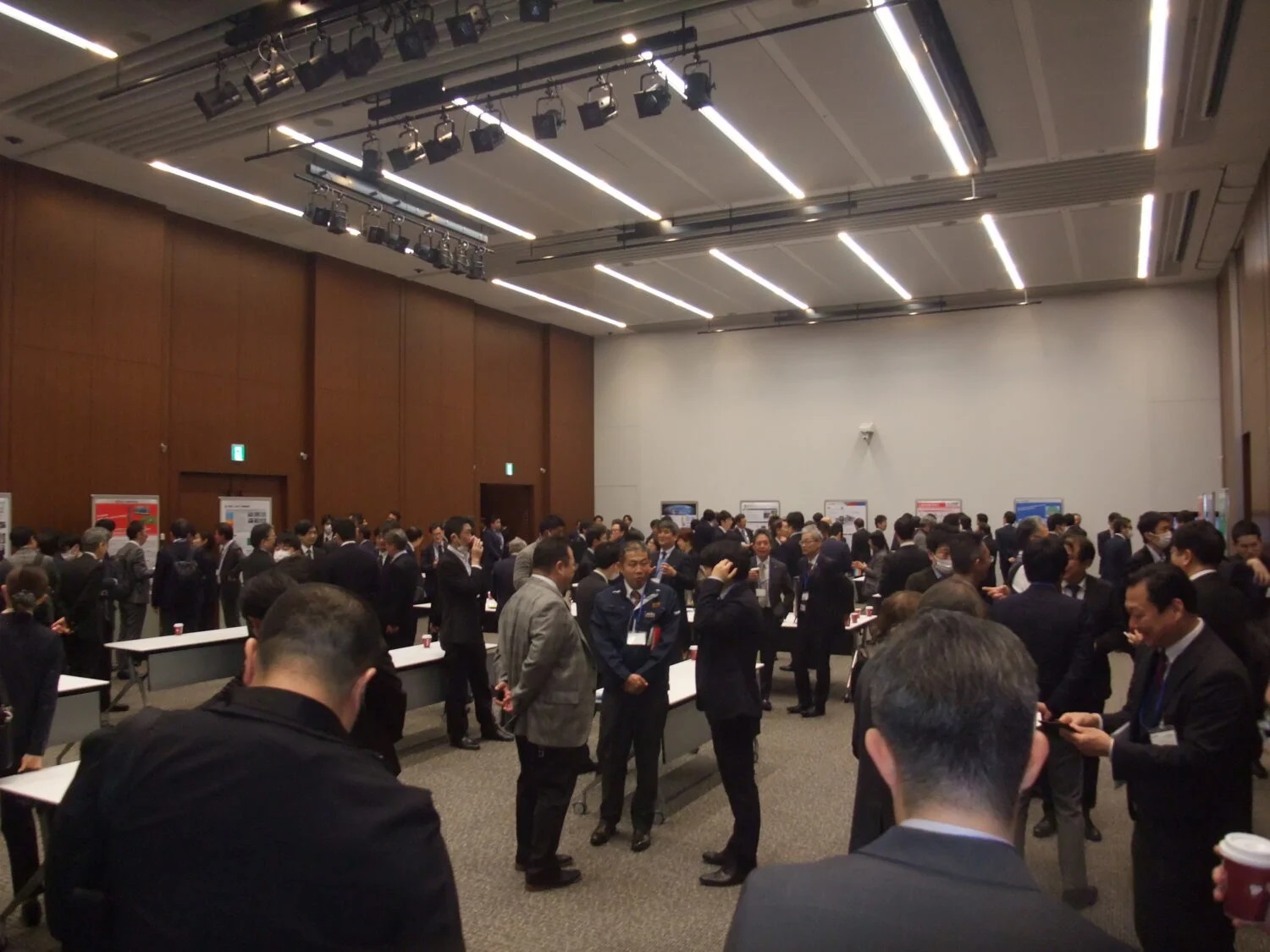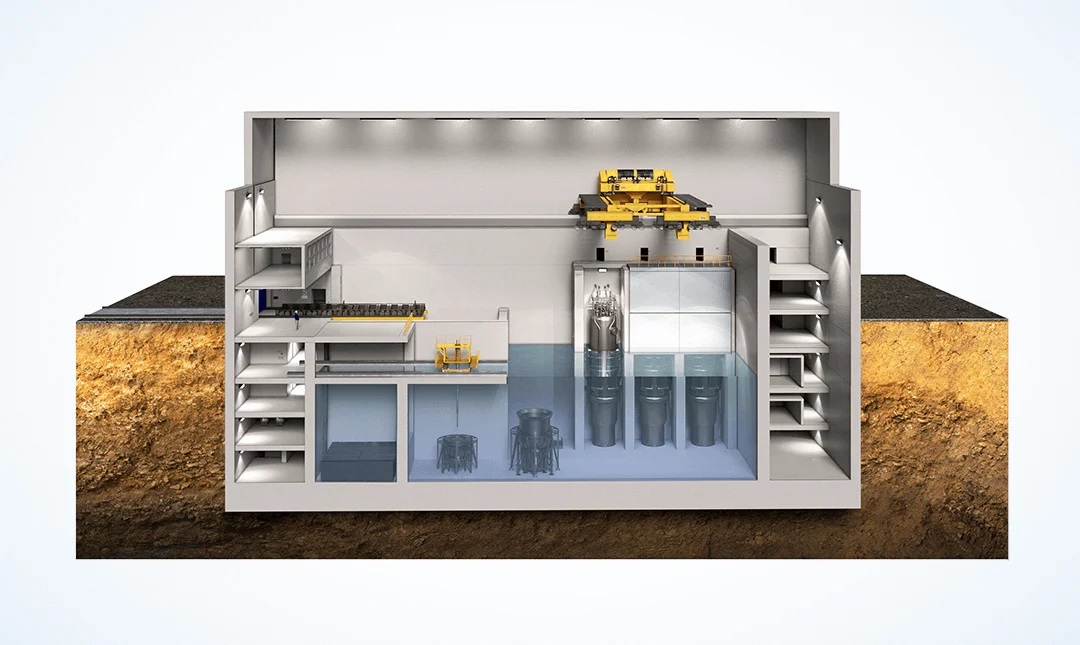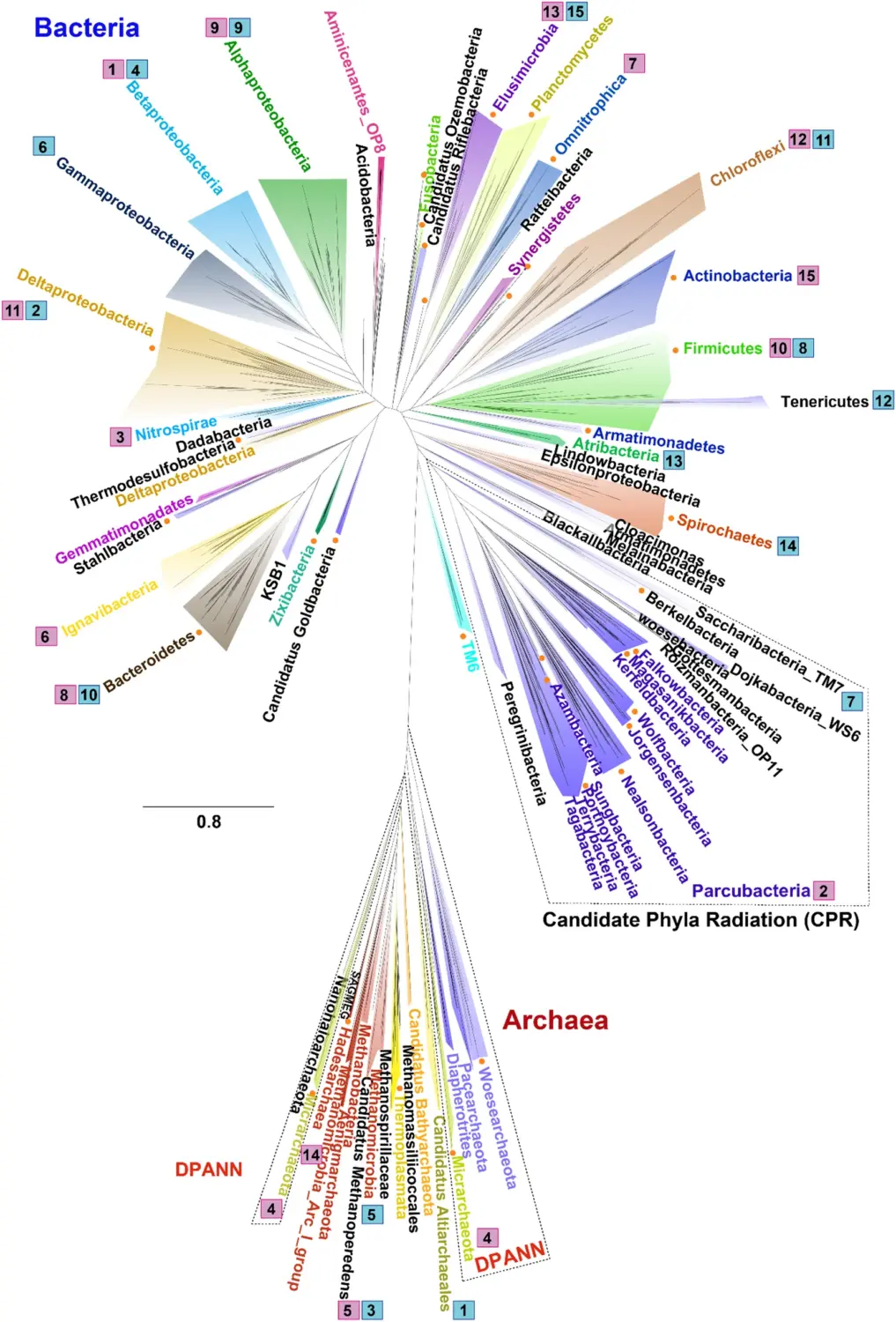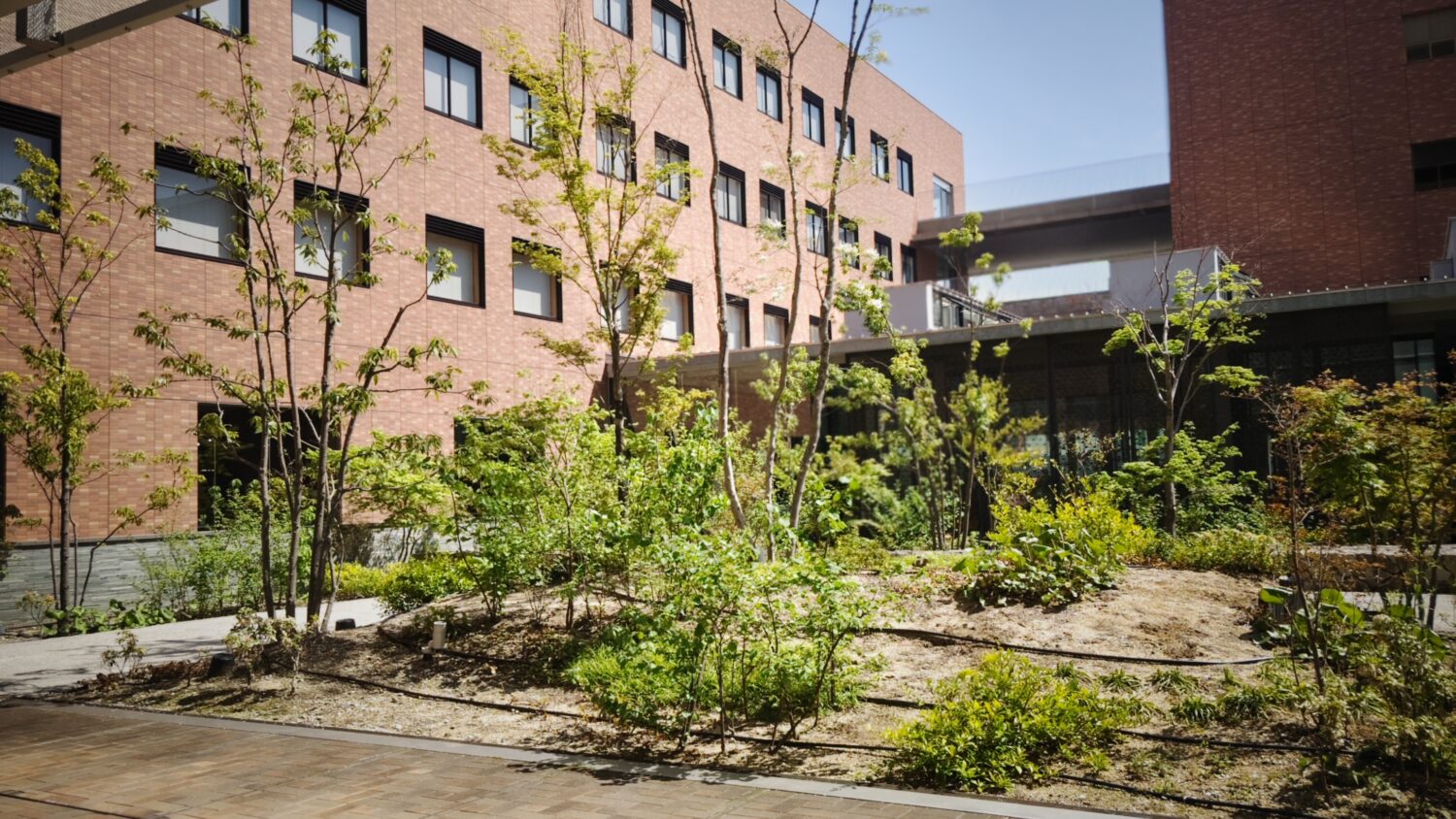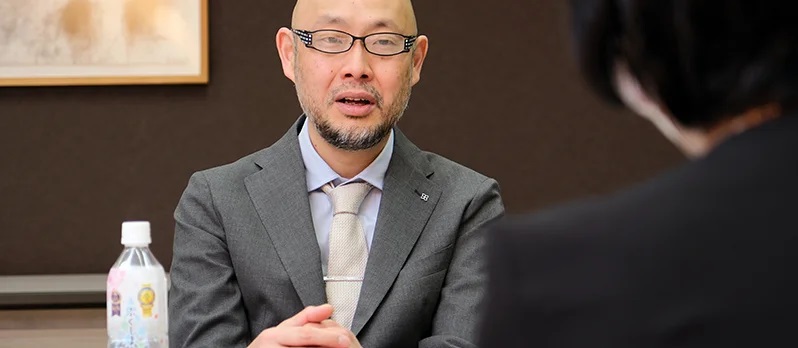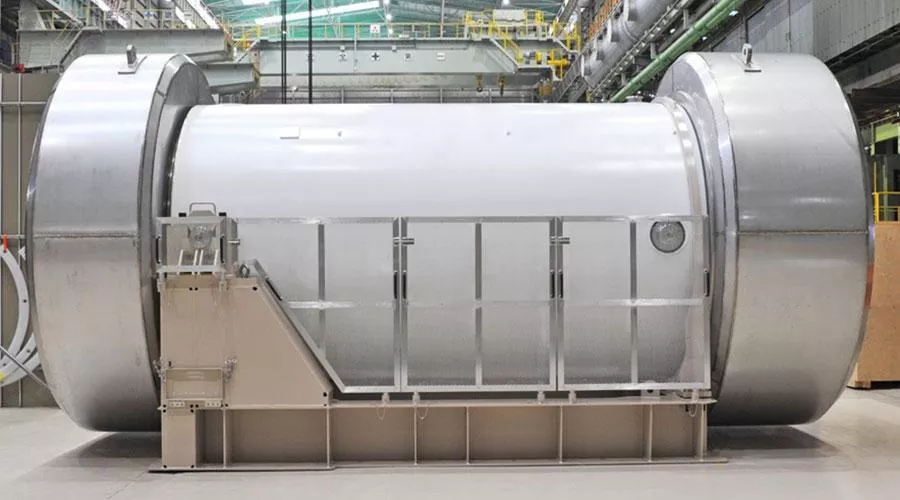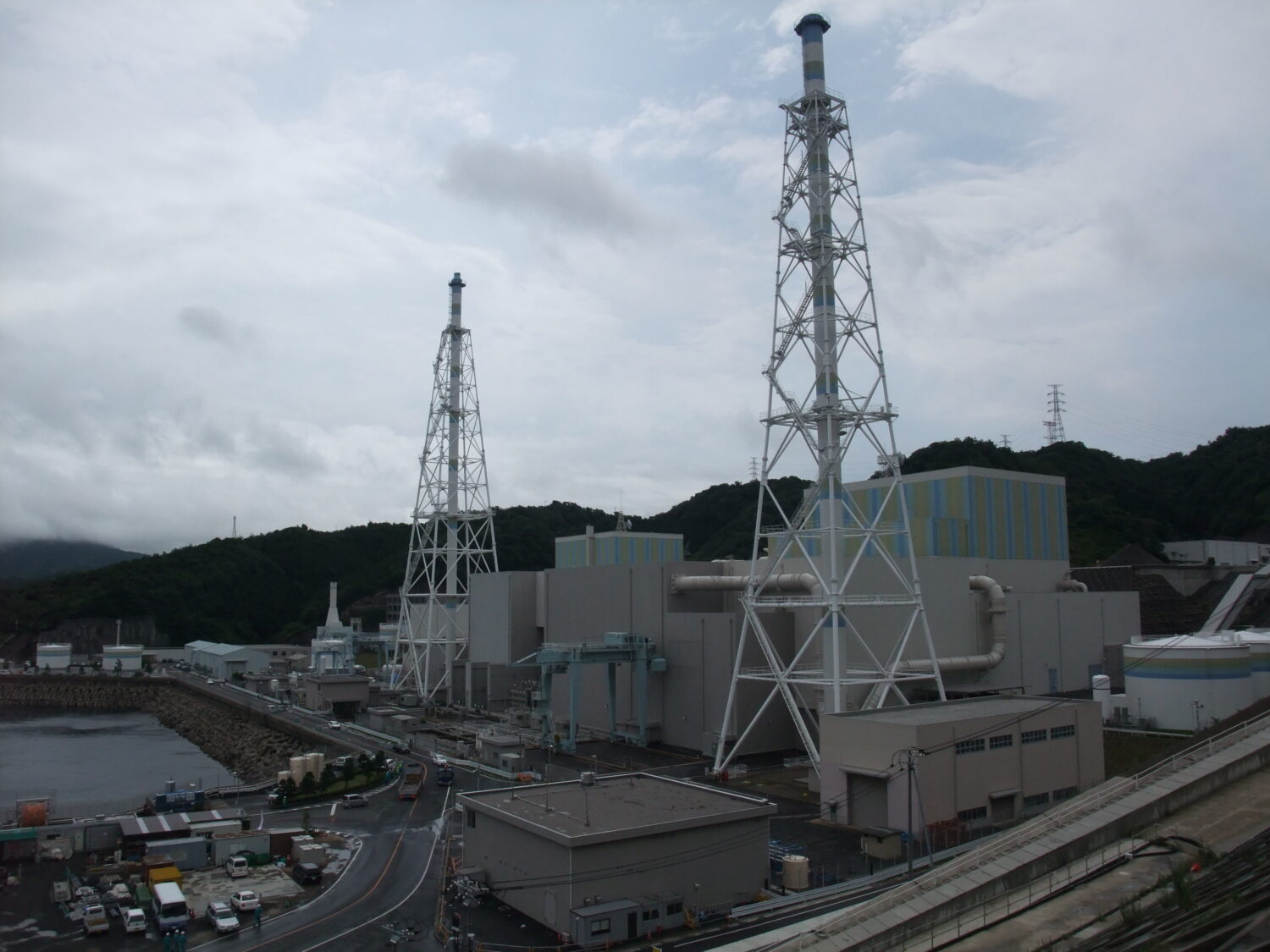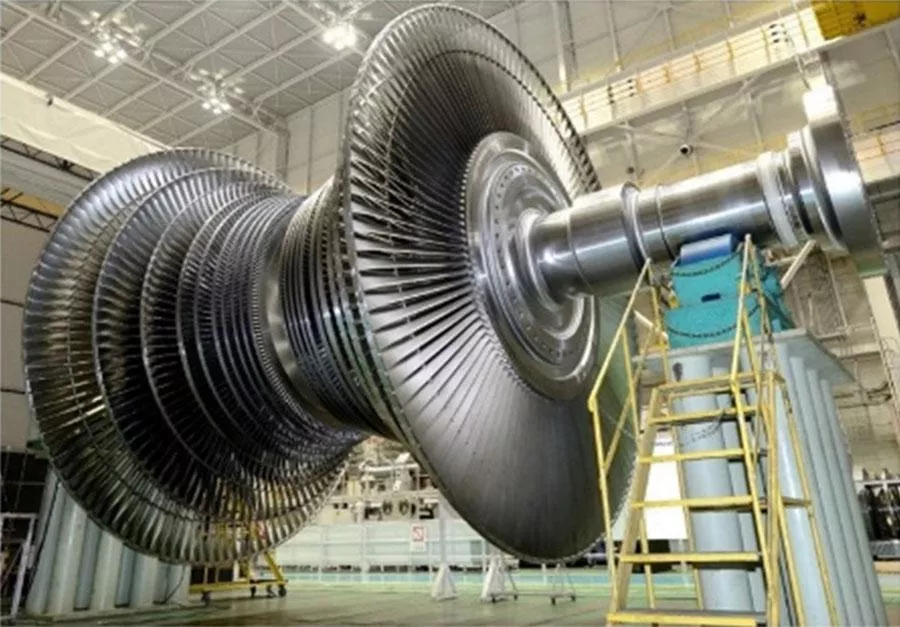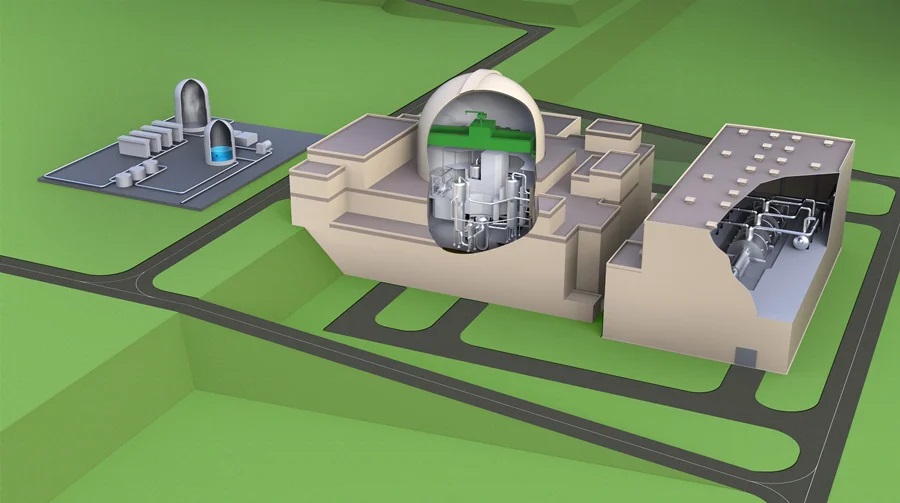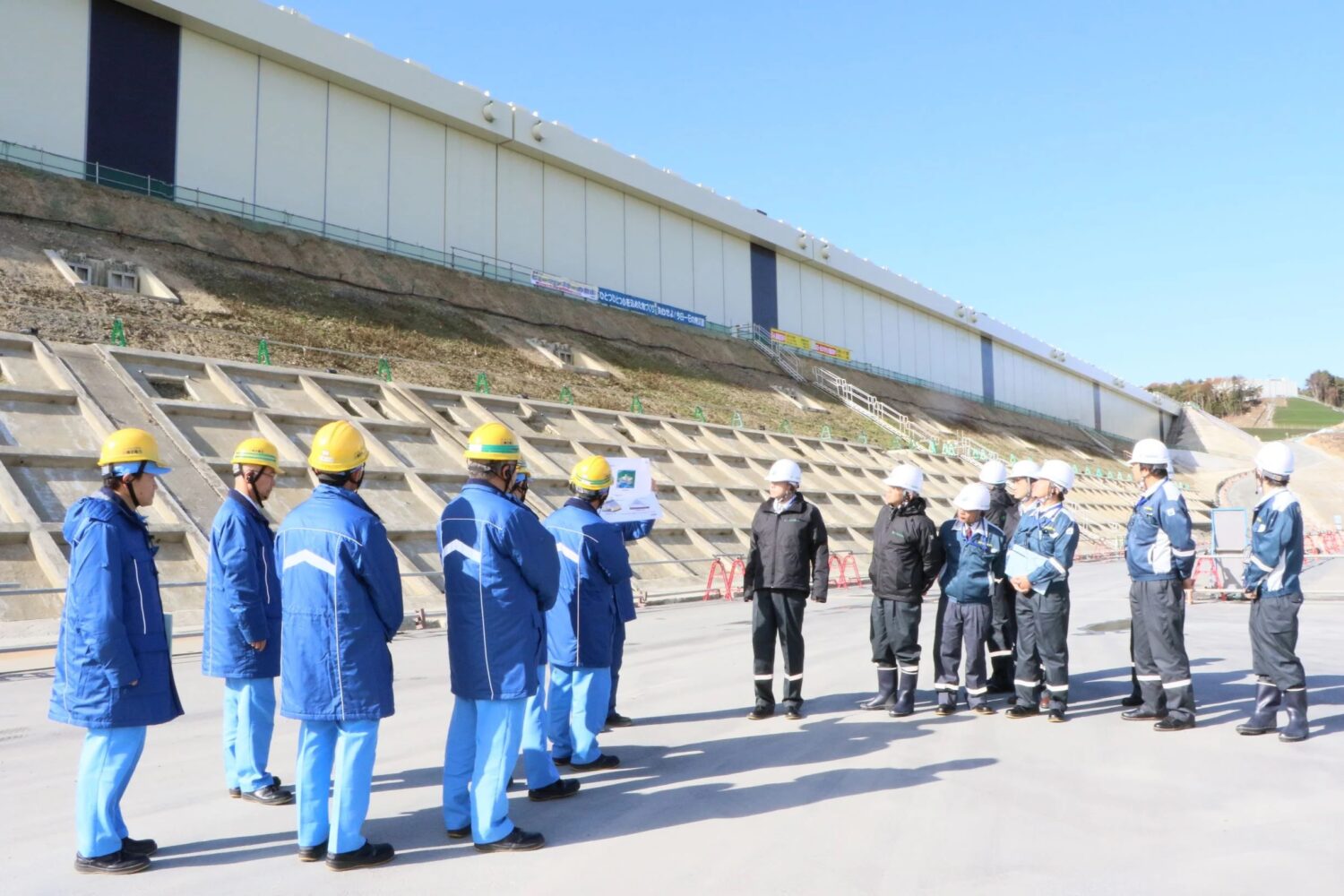The selection was based on a conceptual design for a tank-type sodium-cooled FR proposed by Mitsubishi FBR Systems (MFBR), an MHI group company. Its president is KUNISHIMA Shigeru.
At the end of 2022, a ministerial meeting on nuclear energy revised the strategic road map for FR development. In that light—and following on from the demonstration test facility Joyo and the prototype fast breeder reactor (FBR) Monju—R&D is proceeding by private companies.
FRs are attracting support globally, and a sodium-cooled FR is considered the most promising for future development. ANRE has newly budgeted JPY7.6 billion (costs for support measures for green transformation, or GX) for the project for the development of a demonstration FR to be launched in FY23.
To begin the development of a conceptual design for a sodium-cooled FR in 2024, ANRE has been carrying out a public invitation since March toward the selection of specifications and a core company for the effort.
On July 12, YAMAGUCHI Akira, chair of the Technological Assessment Committee and director of the Nuclear Safety Research Association (NSRA) explained the selection at a meeting of the strategic working group of the Council on Fast Reactor Development, under ANRE.
The tank-type sodium-cooled FR proposed by MFBR was, he said, determined to be appropriate as a conceptual design for the following reasons:
- Processes toward the actualization of design and the achievement of development goals can be expected in respect of design feasibility and economic efficiency.
- Sufficient methodologies exist to deal with such issues as the enhancement of earthquake-proofing and severe accident measures, the reduction of costs, and the establishment of standards.
- Medium size (electric output of 650MW) represents a useful compromise between economies of larger scale and the limited initial investment risks associated with smaller reactors, facilitating commercialization.
- If larger scales are pursued, they will be competitive against other power sources, and commercial development can be pursued in accordance with the needs of specific markets.
Similarly, MHI was selected to be the core company in charge of manufacturing and construction for the following reasons:
- It is an experienced FBR engineering company, and, collaborating with MFBR, will be able to complete the conceptual design, fully coordinated with R&D by the Japan Atomic Energy Agency (JAEA).
- It fully understands the issues and current vulnerabilities of domestic supply chains, and will be able to play a central role in maintaining and expanding them toward the strengthening of Japanese industry overall.
- It has accumulated and continued general engineering capabilities that will let it contribute to the boosting of the strength of Japanese industries overall and properly carry out FR development by taking the lead in a project in which its group companies will share various responsibilities, from design and construction to trial operations.
A tank-type sodium-cooled FR, which has been selected for a conceptual design, differs from the loop-type design of the Japanese prototype FBR Monju, but is a type being adopted overseas, including in France, China, and India.
From now on, ANRE will consider the organization of a desired “control tower” for FB development.
Upon being selected as the core company in charge of design and development of a demonstration FR, MHI released a comment, referring also to such matters as aspects of volume and toxicity reductions for high-level radioactive waste (HLW) and the effective use of energy resources: “Using our accumulated technology and experience, and in collaboration with MFBR, we will start the R&D necessary to complete the conceptual design, design a demonstration reactor, and advance activities toward the commercialization of FRs.”
In 2007, MHI was selected as the core engineering company for the development of an FBR under the government’s policy for early commercialization of the FBR cycle, shown in the Plan to Make Japan a Nuclear Energy Powerhouse, issued in 2006 by the Advisory Committee for Natural Resources and Energy.
President ARAI Shiro of the Japan Atomic Industrial Forum (JAIF) released a message, in which he said, “I am confident that this selection will contribute not only to strengthening all the related industries associated with future FR development, but also spur interest in nuclear technology among young people and bolster the development of essential human resources.”


-1.png)


